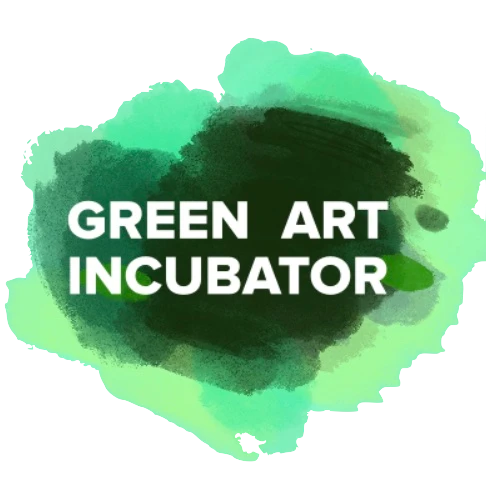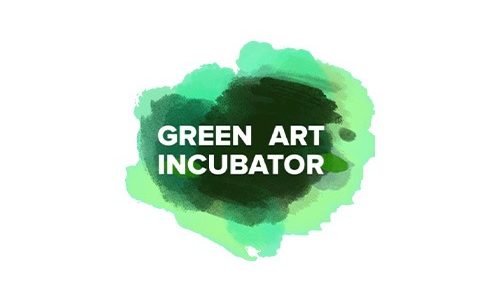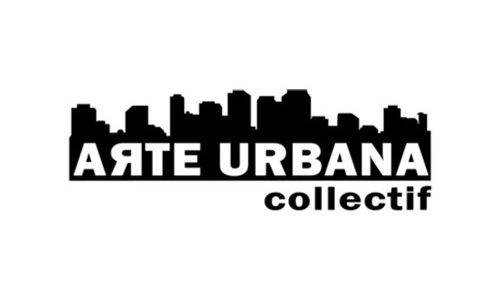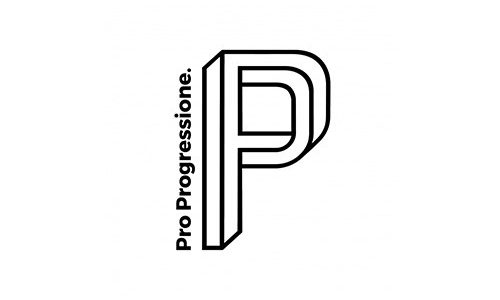On Tuesday, October 28, Green Art Incubator presented the Green Art Practices on the Margin Toolkit at the Faculty of Dramatic Arts (FDA) in Belgrade, as part of the public dissemination activities of the two-year international project Re-Imagine Green Art Practices on the Margin, supported by the Creative Europe Programme.





